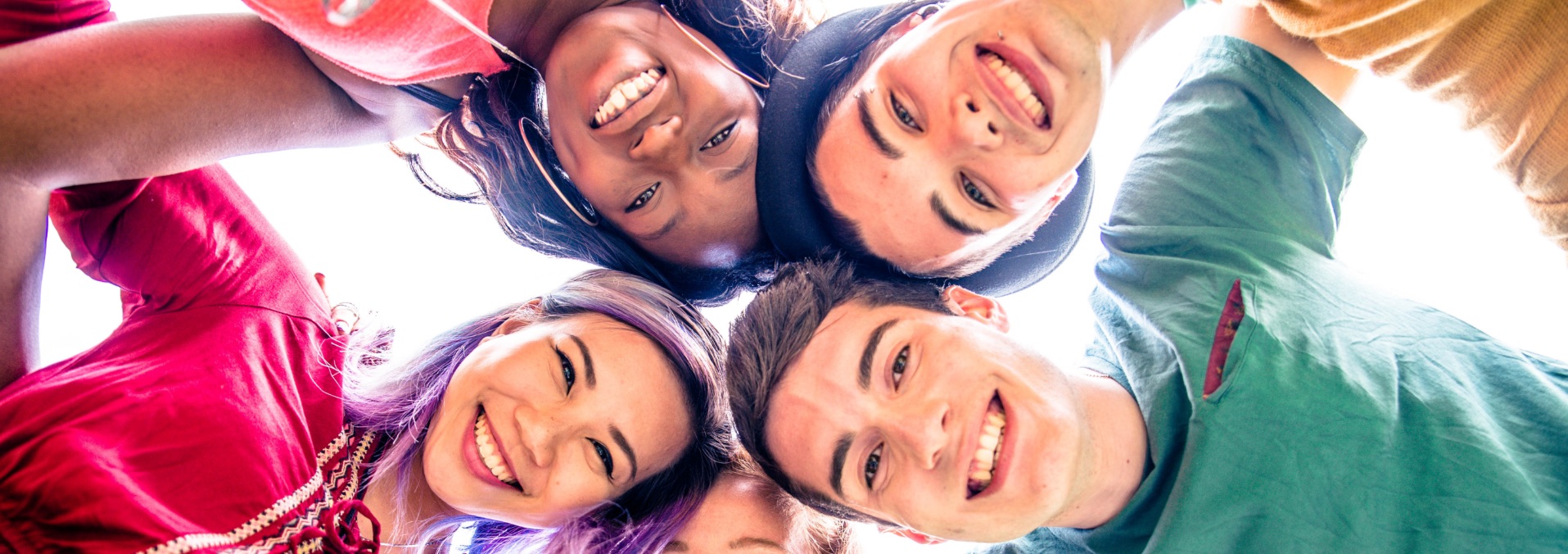No Panic’s Beginner’s Guide to Anxiety and Panic
Helpline 0844 967 4848 (Everyday 10:00am - 10:00pm, Charge: 5p a minute + your access charge)
Anxiety and Panic are distressing things especially if you are new to the effects of them. This Guide is for those of you who are new to anxiety and panic. Panic is generally feelings of panic and a panic attack which is a short highly acute phase. Generally it includes hyperventilation, increased heart beat,the feelings of wanting to run away or attack and it can include other symptoms. There will be a general list of common symptoms later on in the guide. You may have some of or all of them. Anxiety is generally more prolonged and can go through acute phases, sometimes becoming chronic. This can be from feelings of uneasiness in a public place to being so scared of a particular thing that you avoid it at all costs.
While you do want to confirm that your symptoms are only from anxiety and panic with a doctor, don’t be afraid if they just want to rule some things out with some testing. They are there to try and look after you. They may offer you medication, you can choose to accept it but it is generally best to put your confidence is their professional judgement. You may get an increase in symptoms when going on or coming off medication, that in my experience is normal but speak to your doctor or pharmacist if you are worried. Some people experience side effects while on medication generally these are nothing to worry about but again speak to your doctor or pharmacist if you are worried.
Here are some of the most common symptoms of anxiety and panic. All of these symptoms can be very frightening, they are normal bodily functions but when anxiety takes them out of their proper use and time it is a shock to your body and you. These aren’t dangerous and won’t harm you, keep working on your breathing and let it happen. Don’t worry if one of your symptoms is not on the list and you may not have them all. You may only have one or two.
- Unshakable feelings of dread, apprehension, and irrational fears
- Heart palpitations
- Difficulty breathing or Hyperventilating
- Dizziness and feeling faint
- Chest pains and other symptoms similar to those of a heart attack
- Inability to concentrate
- Insomnia
- Chills and perhaps hot flashes
- Dry mouth
- Sense of impending doom
- Stomach cramps, diarrhoea, nausea and other intestinal symptoms
- Clamminess
- Muscle tension, aches and pains
- Exhaustion
- Pins and needles
- Irritability
- Excessive sweating
- Dry mouth
- Feeling unreal or suffering depersonalization
Depersonalisation and Feelings of unreality are when you don’t feel like your connected to yourself or you feel spaced out. This is distressing the first few times you experience it. They can’t harm you, if you have trouble coping with it you may just want to sit down and wait it out. Like most anxiety take you mind off it and it will be easier to cope with.
After reading that last sentence I hear you saying how do I keep my mind off it. When it first starts, when you get the first feeling or symptom start with a breathing exercise. Put your whole concentration into it try and think or nothing else. It takes about 4 and a half minutes, when you learn it you will be able to do it quicker. We do encourage you to learn how to do the exercise so that you can do it when you are out shopping, at work, at home or anywhere you need it. You can also listen to a breathing exercise on 01952 680835.
The breathing exercise is a reactive form of help, so you’ve already started experiencing the feeling before you do it. You can proactively help reduce your anxiety by bringing down your general anxiety and stress levels. You can do this in your food, drink, exercise and relaxation. Some people find certain foods don’t help your anxiety, sugar is a common one; in drinks alcohol and caffeine are common. Reducing those if they effect your anxiety can help. Regular exercise helps release things called endorphins this is a normal chemical your body makes that decreases stress. Exercise also tires you out, which is similar to how a muscle relaxation work.
Muscle relaxation is a form of relaxation technique. The basics of this technique is tensing and untensing your muscles in a specific order starting with your arms, working up to your head and then down to your feet and then starting again. The quick version is to only do each muscle group once. This is helpful if you are in a hurry or not at home. You can read about the techniquehere, it has full instructions. Or you can buy it in an audio format from the online shop.
This guide isn’t everything you need to know about anxiety it is here to help you get to grips with your first experiences. From here you can move on to treatment and getting further information as you need it.
Your login details have been used by another user or machine. Login details can only be used once at any one time so you have therefore automatically been logged out. Please contact your sites administrator if you believe this other user or machine has unauthorised access.





